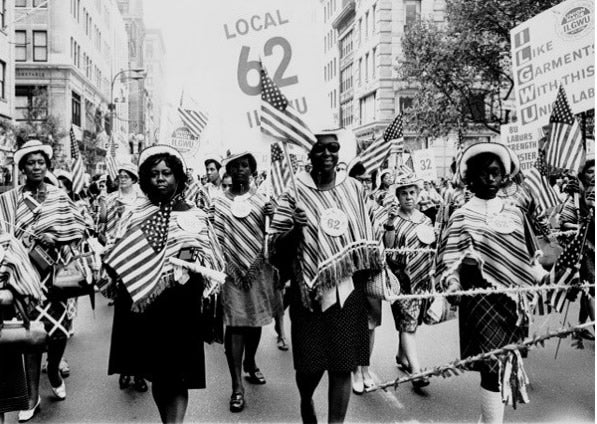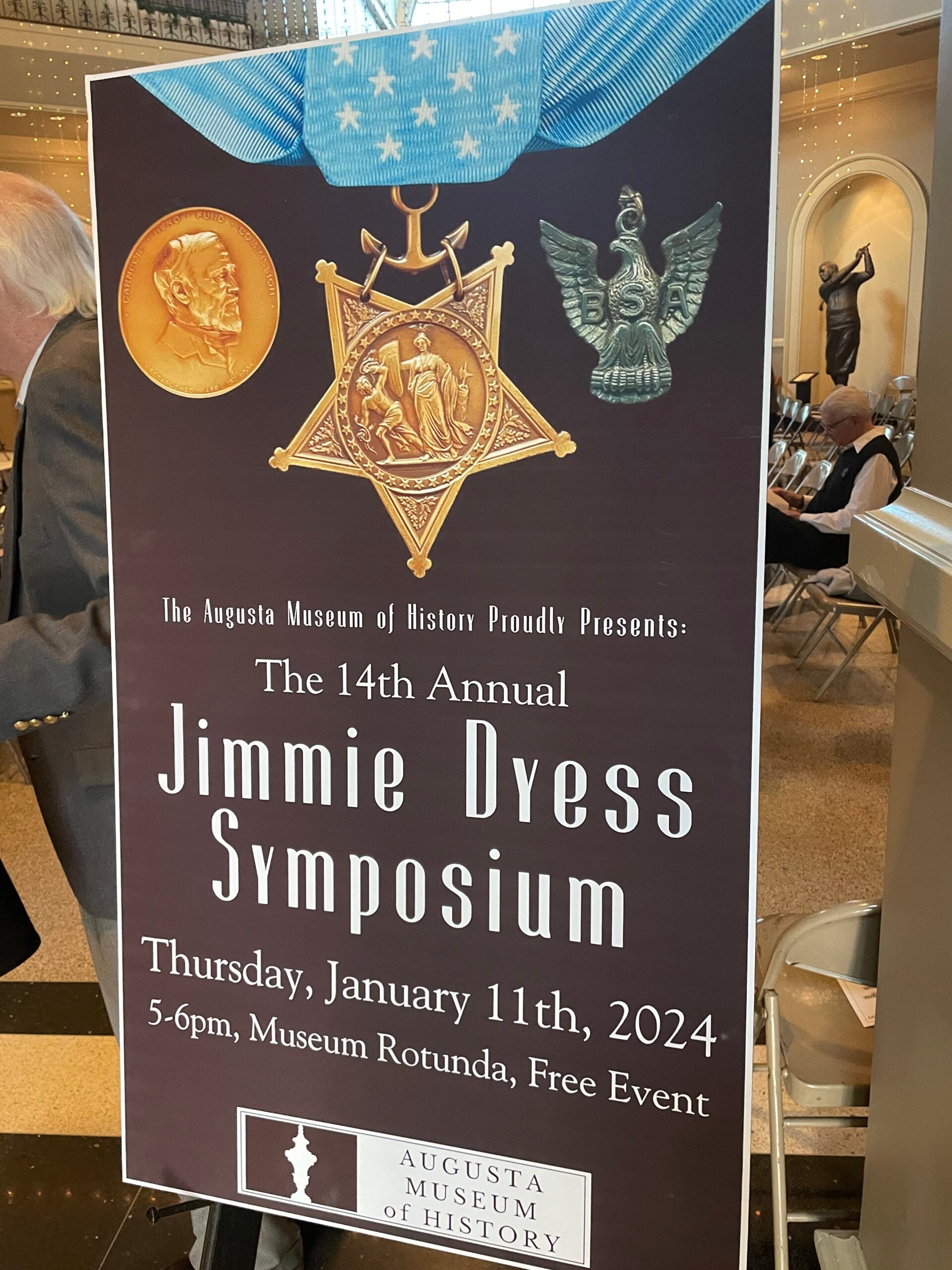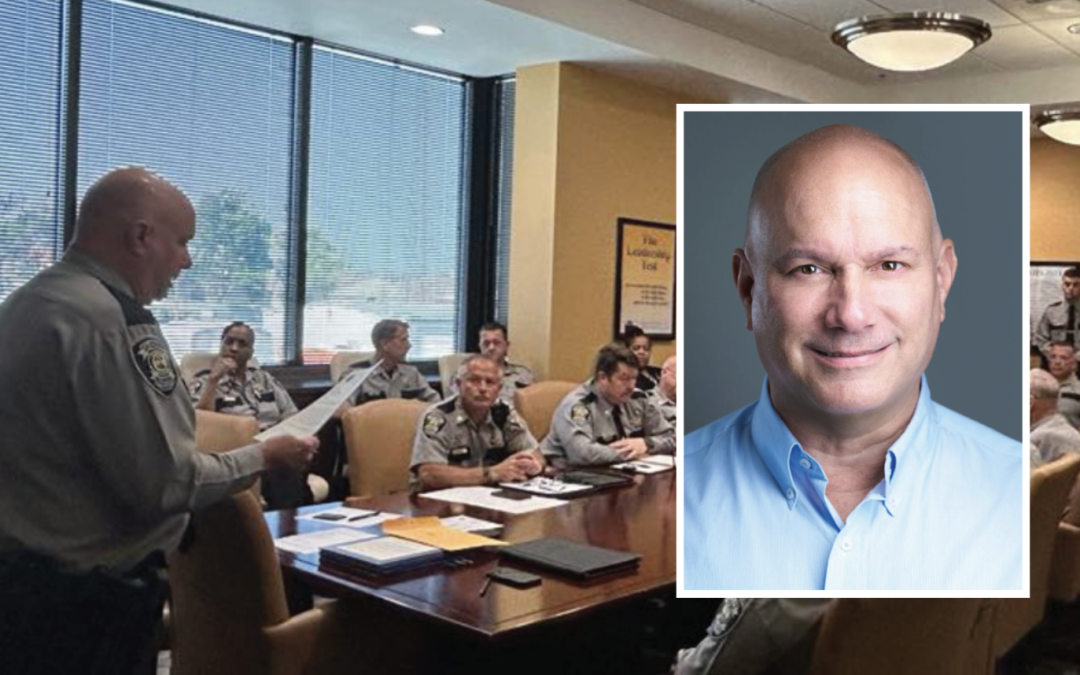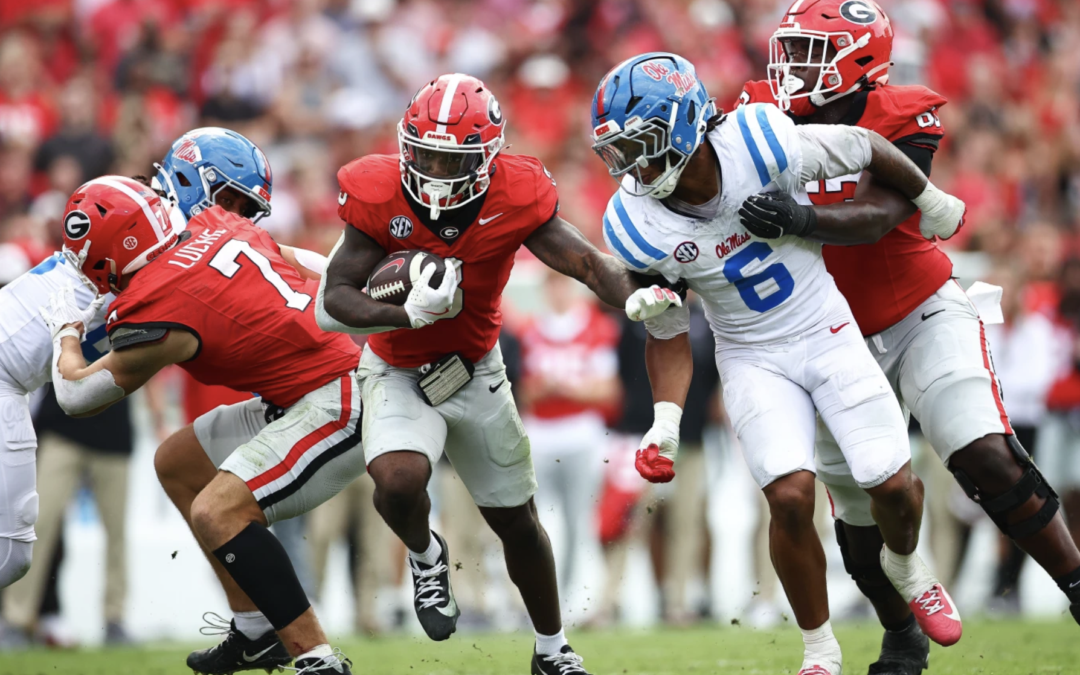Most people consider Memorial Day and Labor Day as the “bookends” of summer, with Labor Day being the one last summer hurrah for families before school children end summer break and go back to school.
Labor Day was once considered a major holiday with parades; however, Labor Day has lost much of its original intent with the march of time.
School children in the CSRA now go back to school before the holiday occurs, so Labor Day is is only a three-day weekend where people may visit the lake or take a day trip to Helen, Ga., but the parades down Broad Street are a thing of the past.
Labor Day was born out of the union movement in the United States, but it is unclear who first proposed the first Monday in September as a holiday.
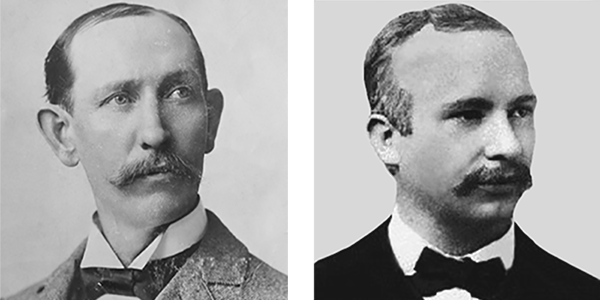
According to the Department of Labor, records indicate that in 1882, the general secretary of the Brotherhood of Carpenters and Joiners and a co-founder of the American Federation of Labor, Peter J. McGuire, suggested setting aside a day for a “general holiday for the laboring classes” to honor those “who from rude nature have delved and carved all the grandeur we behold.”
However, others maintain that it was another McGuire, Matthew Maguire, the secretary of Local 344 of the International Association of Machinists in Paterson, N.J., who first proposed the holiday that same year.
Regardless of which McGuire made the proposal, on June 28, 1894, President Grover Cleveland signed a law officially designating the first Monday in September a national holiday.
Supporters of the holiday wanted a day to remind the upper class that modern miracles such as skyscrapers, ocean liners and subways would not be possible without the fellows laying brick, smelting steel and digging tunnels.
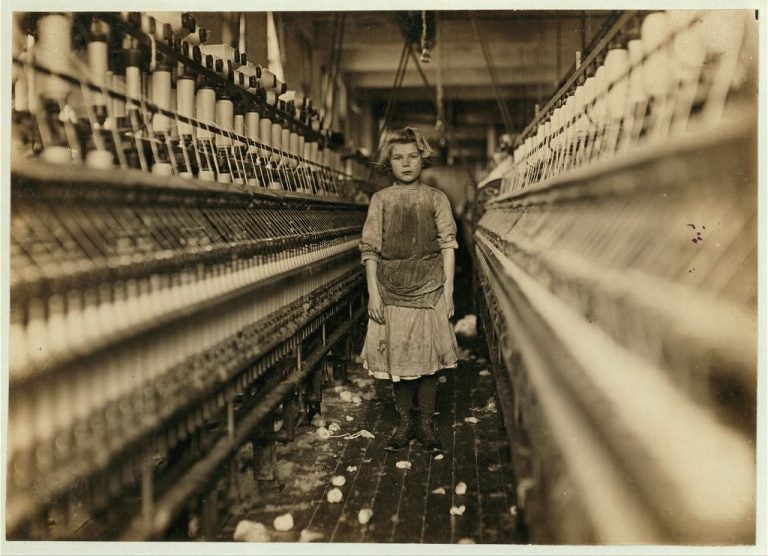
Meanwhile, working women of the time would come home after a long day and commit to cooking and laundry at their own homes.
Parades held in major cities such as New York City had a specific purpose; in fact, they were less of a parade and more of a protest march.
Prior to the Progressive Era, most workers put in 12-hour days, six days a week for wages that hardly ever made ends meet without the children in the household going to work as well.
The irony was that only federal employees were guaranteed the day off when Cleveland signed the law, but, according to the Department of Labor, no one got paid if they took the day off, which mostly defeated the purpose.
In the rural area, farm laborers labored on Labor Day as work on a farm virtually never ceases.
So, what began as the worker’s call to take to the streets and demand better pay, safer conditions and a standardized work week became just a day to frolic around the swimming pool and grill out.
You might say, “mission accomplished.”
…And that is something you may not have known.
Scott Hudson is the Senior Investigative Reporter and Editorial Page Editor for The Augusta Press. Reach him at scott@theaugustapress.com

